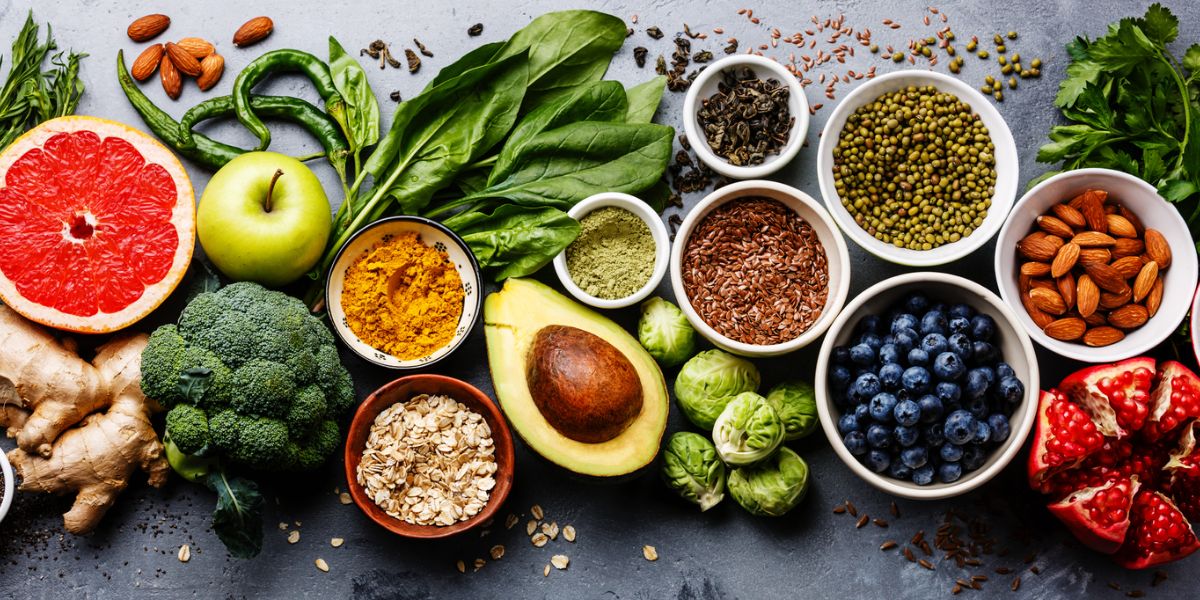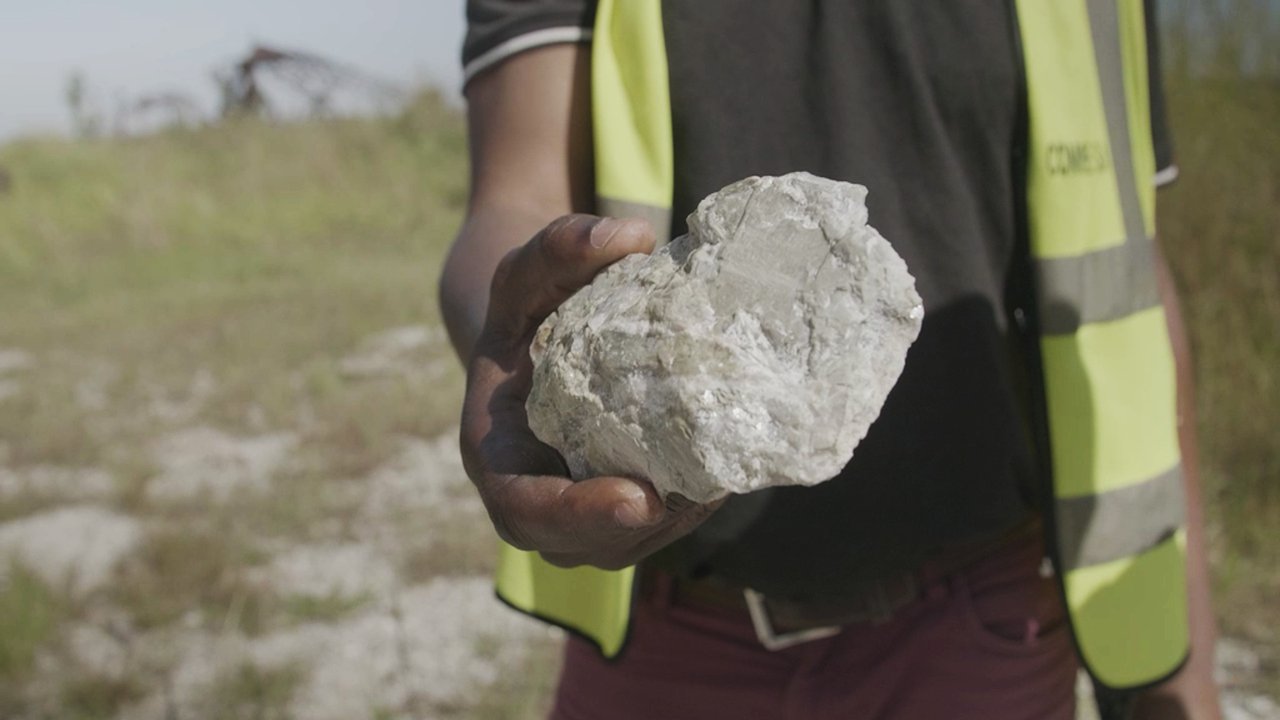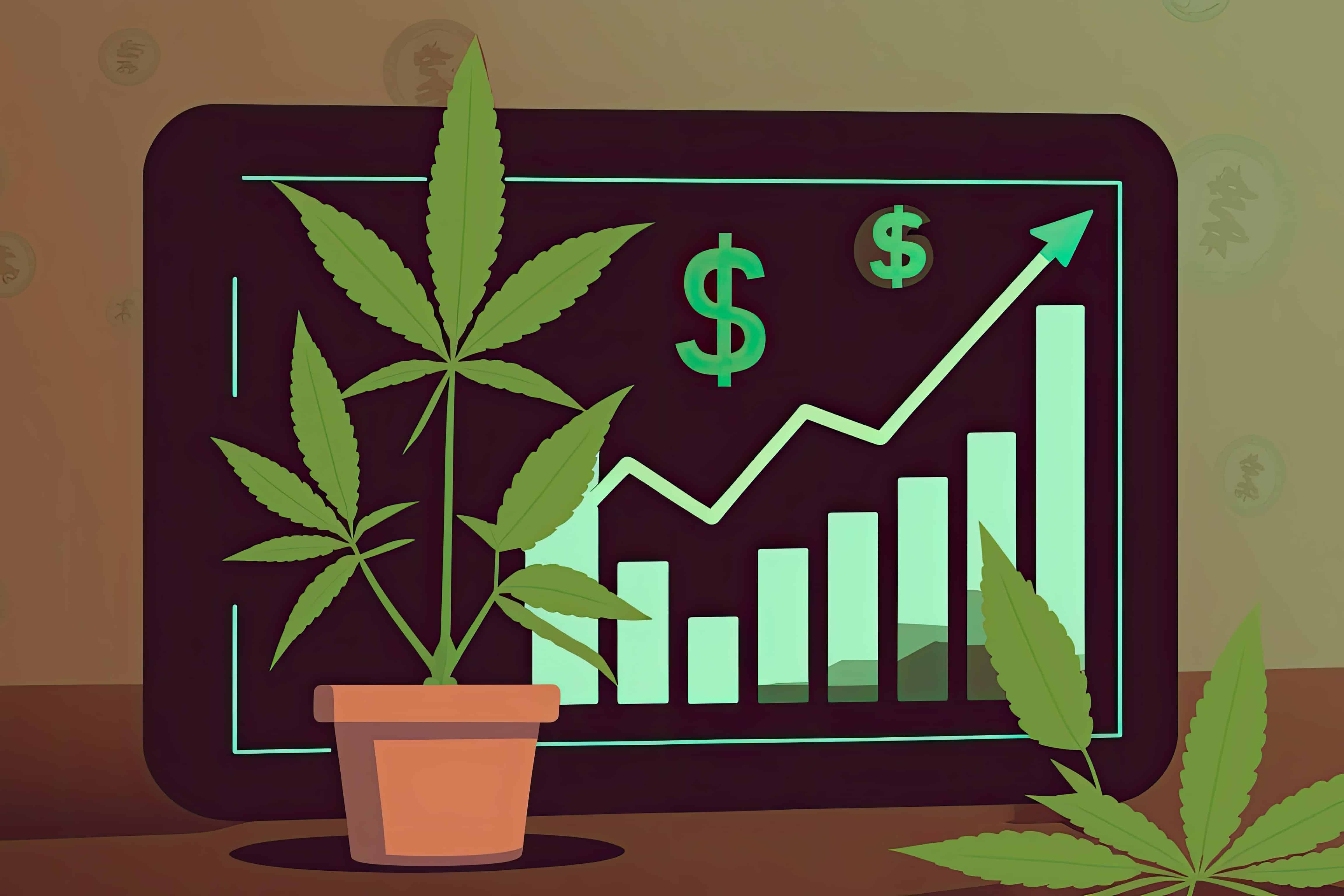Washington, D.C., October 3, 2024 – The Centers for Disease Control and Prevention (CDC) has sounded the alarm over a growing health crisis: counterfeit prescription drugs sold through unregulated online pharmacies. These illicit operations, which have become increasingly sophisticated, are flooding the market with dangerous counterfeit pills. Many of these pills contain deadly substances like fentanyl, a potent synthetic opioid that is up to 100 times more powerful than morphine.
The CDC's warning follows a federal indictment of 18 individuals accused of running a massive illegal online pharmacy network. This operation spanned across all 50 states and even extended to U.S. territories and countries like Germany and Slovenia. Tragically, at least nine people who purchased these fake drugs have died due to overdoses, highlighting the life-threatening risks of obtaining medications outside legitimate pharmacies.
Counterfeit Drugs: A Growing Epidemic
Online pharmacies often lure buyers by offering steep discounts on prescription medications. With the rising cost of healthcare, many Americans turn to these websites, believing they're making a safe, cost-effective choice. However, the reality is far more sinister. According to the CDC, nearly 95% of online pharmacies operate illegally, and their products are rarely, if ever, subjected to proper safety or quality control. Consumers are unknowingly buying pills laced with substances like fentanyl and methamphetamine, which have caused fatal overdoses across the country
For example, one victim, a 45-year-old Army veteran, thought she was buying oxycodone to manage chronic pain. Instead, the counterfeit pills she purchased contained lethal doses of fentanyl. Her tragic death underscores the dangers of purchasing medications from unknown or illegal sources.
How to Stay Safe: CDC Recommendations
In response to this escalating crisis, the CDC is urging people to only purchase medications prescribed by a licensed healthcare provider and filled at a state-licensed pharmacy. To help protect the public, the CDC has issued a list of precautions:
- Check the pharmacy’s license: Only use pharmacies that are licensed and recognized by official health agencies.
- Dispose of suspicious drugs: If you believe you have received counterfeit medications, do not consume them. Dispose of them safely following guidelines from the U.S. Food and Drug Administration (FDA).
- Carry naloxone: This life-saving drug can reverse opioid overdoses, and the CDC recommends that anyone who takes medications—especially from unknown sources—should keep naloxone on hand.
In the event of a suspected overdose or poisoning, calling 911 and seeking immediate medical attention is crucial
A Nationwide Crisis
The availability of counterfeit medications online is not a new problem, but it has reached alarming proportions. The National Association of Boards of Pharmacy has revealed that nearly one-quarter of Americans who have used an online pharmacy have been exposed to harmful or substandard drugs
As the U.S. healthcare system grapples with skyrocketing prescription drug costs, more people are turning to unverified sources for relief. However, this choice can have deadly consequences. The CDC's warning serves as a crucial reminder that while online pharmacies may offer convenience and savings, they can also put lives at risk.
For those looking for safe and affordable medications, the CDC encourages consumers to verify pharmacies through state boards and to consult their healthcare providers before purchasing medications online.
The agency is also calling for more stringent regulations and better enforcement against illegal online drug markets, emphasizing the need for increased awareness to prevent further tragedies.
Sources:
- Centers for Disease Control and Prevention, October 2024 Release
- National Association of Boards of Pharmacy
- U.S. Department of Justice Indictment Announcement
By raising public awareness about these risks, health authorities hope to curb the spread of dangerous counterfeit medications and save lives.
.png)








 English (US) ·
English (US) ·